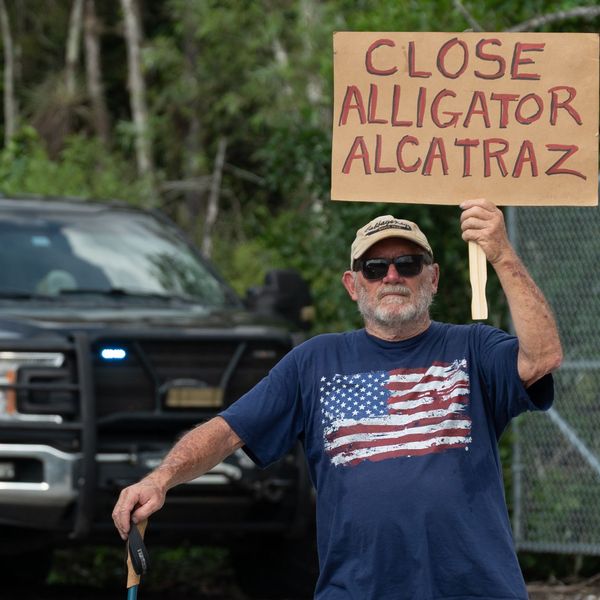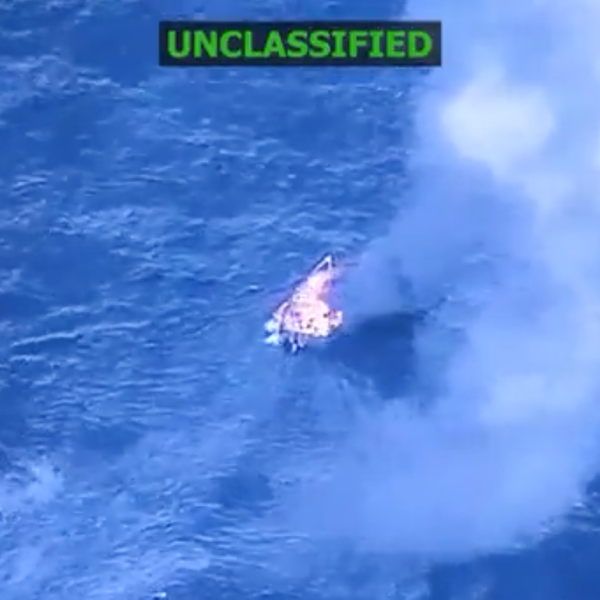A leading civil liberties organization and a leading human rights group have condemned the tasing of a University of Florida student on September 17. (The incident has been widely replayed on youtube.)
Here's the background: Senator John Kerry was speaking on campus. After his talk, one of the students, 21-year-old Andrew Meyer, stood at the audience microphone and insisted on asking not one but three questions.
He asked Senator Kerry why he didn't contest the 2004 election, given that investigative reporter Greg Palast had uncovered widespread disenfranchisement of African Americans. Meyer asked Kerry why he didn't come out for impeachment so as to prevent President Bush from waging another war against Iran, and Meyer contrasted the grounds for Clinton's impeachment with those for Bush's. And Meyer asked Kerry whether he was in the exclusive Skull and Bones club while at Yale.
Then Meyer's mic was cut, and several police officers grabbed him and started to lead him away, to applause from the crowd. Meyer insisted he was doing nothing wrong, resisted as the police dragged him away, and cried out for help as the police wrestled him to the ground.
"Don't tase me, bro," Meyer said, and then screamed when the police did so.
Meyer was arrested for resisting an officer and disturbing the peace.
The ACLU of Florida objects to Meyer's treatment.
"People have a reasonable expectation to ask questions in a public setting-even if they are aggressive and some disagree with their position-that is free speech plain and simple," said Howard Simon, the ACLU of Florida's executive director. "Similarly, Kerry had a reasonable expectation to be able to answer those questions. Neither of them was able to exercise their free speech rights due to the police action."
Senator Kerry released a statement that said: "I believe I could have handled the situation without interruption, but I do not know what warnings or other exchanges transpired between the young man and the police prior to his barging to the front of the line and their intervention. I asked the police to allow me to answer the question and was in the process of responding when he was taken into custody. I was not aware that a taser was used until after I left the building. I hope that neither the student nor any of the police were injured. I regret enormously that a good healthy discussion was interrupted."
Amnesty International USA said it was "deeply disturbed" by the use of the taser.
"Based on the available video footage, it is virtually inconceivable that these officers could have perceived this young man as a true threat once he was on the ground," said Larry Cox, executive director for Amnesty International USA. "For several years there have been numerous instances of officers misusing TASERs, but shocking someone who was seemingly little more than a nuisance? That belongs in the Ripley's of poor policing."
Amnesty International USA added: "The use of a TASER against someone who is not violent and poses no threat to himself or others constitutes cruel, inhuman, and degrading treatment." (See "The Trouble with Tasers," by Anne-Marie Cusac, in the April 2005 issue of The Progressive, for more examples.)
"We're absolutely committed to having a safe environment for our faculty and our students so that the free exchange of ideas can occur," the president of the University of Florida, J. Bernard Machen, said at a press conference on September 18. "We believe that civil discourse and civil debate are hallmarks of the university." And he vowed to preserve the environment for such discourse and debate.
Asked whether the incident gave the university a black eye, Machen responded: "The black eye is that civil discourse didn't occur." But he pointedly refused to criticize the police or the use of tasers, pending ongoing investigations. "Tasers have become an acceptable part of the police armitarium," he said.
He did, however, announce that two of the police officers have been placed on paid administrative leave.
And he added: "This is the most professional and sensitive group of university police officers I've ever worked with."
Matthew Rothschild is the editor of The Progressive magazine.
(c) 2007 The Progressive


